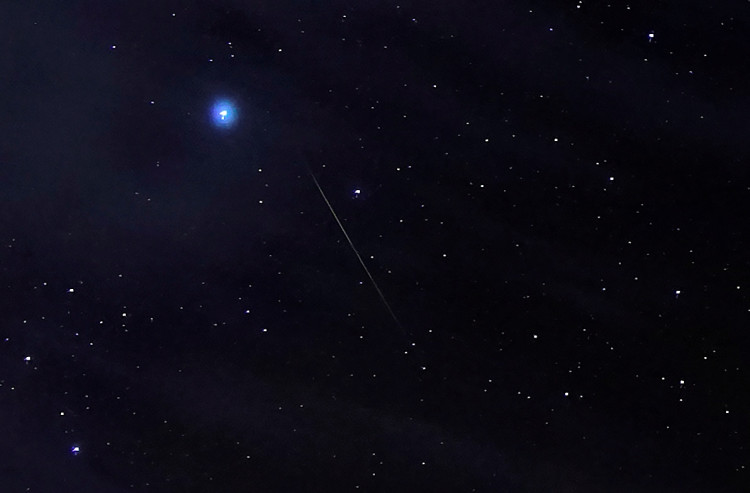A scientist has warned that a major asteroid impact would eventually cause the demise of life on Earth. Natalie Starkey, a cosmochemist and author of the book "Catching Stardust," expressed her concerns about protecting the home planet for future generations.
Dr. Starkey's book discusses asteroids and their colossal existence within the inner Solar System. Within the text, she details how these space objects could lead to the extinction of all life forms.
While NASA is constantly observing and categorizing near-Earth asteroids if they are potentially hazardous objects (PHO), Dr. Starkey doesn't want to undermine the possibility of a history-repeating-itself event, referring to the asteroid that killed the dinosaurs 66 million years ago.
According to the cosmochemist, an asteroid impact could cause a cosmic winter on the home planet, killing of humans "within a few years." If a potentially hazardous asteroid happens to collide with Earth in the present day, it may not immediately obliterate life, but eventually will in the days following the collision.
According to NASA, there are hundreds to thousands of small asteroids flying past by Earth every day. Many of these space objects are too minuscule in size that they usually just disintegrate, burin in the atmosphere before reaching the ground.
While these small asteroids don't pose a threat, the space agency admitted that there are also huge space rocks zooming dangerously near-Earth. Scientists have mapped out the course of the asteroids they have identified so far, and while they aren't mostly headed into Earth, there is a chance that their trajectories could change.
Given most of the planet is comprised of water, there's a huge possibility that an asteroid impact would take place in the ocean instead of on land. According to Dr. Starkey, a space rock hitting the Earth's oceans is like a pebble being thrown at a pond, which causes ripples. Only, the effect would be so magnified that the ripples will become giant tsunamis, wiping out coastal areas and affecting miles and miles of land.
On land, an asteroid strike would produce a radiating blast that will send shock waves. Everything within its radius would be incinerated and demolish, leaving no life exempted.
The scientist believes that we will all witness a catastrophic asteroid event one day, similar to what happened to the dinosaurs.
"There's a threat that we, as humans, could become extinct if an asteroid was to collide with Earth," Dr. Starkey said.






